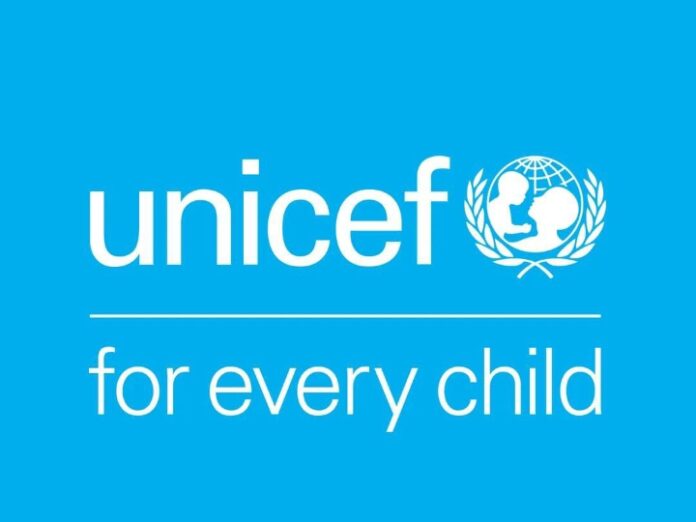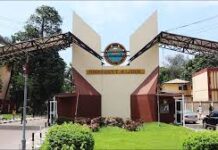The United Nations Children’s Fund (UNICEF) has stated that the average pupil-teacher ratio in North-East is 124 : 1, and only 29 percent of schools in the region have teachers with the minimum qualification as almost half of all schools need rehabilitation.
The International Organization revealed that only 47 percent of schools in Borno have furniture with the lower proportions, in Yobe 32, and Adamawa 26. While in terms of learning materials, said that, in Adamawa, only 30 percent of schools have adequate learning materials for the pupils with the lower proportions, Borno 26 and Yobe 25 respectively.
The UNICEF announced during a one-day media dialogue and field trip with education Correspondents from Borno, Adamawa and Yobe on Wednesday, in Maiduguri.
The dialogue was organised by the Child Rights Information Bureau (CRIB) of the Federal Ministry of Information and Culture in collaboration with United Nations Children’s Fund (UNICEF).
The dialogue held at Amada International Hotel, Maiduguri, Borno state capital aimed to amplify the achievements made in the education sector.
UNICEF Chief of Maiduguri Field Office, Phuong T. Nguyen, in her welcome address said “it is therefore little wonder that according to the Multiple Indicator Cluster Surveys (MICS 2021), less than half of children, which is 48.6 percent complete their primary school education in North-east Nigeria.
Mrs. T. Nguyen explained that the media dialogue is to share the achievements made in the education sector in the Northeast BAY states and stressed that one major accomplishment is the teachers’ training programme of the Global Partnership for Education (GPE) Accelerated Funding (AF) project.
The Field Officer added that it is the initiative of the Federal Government of Nigeria, through the Federal Ministry of Education, the National Teachers’ Institute (NTI) and the Teachers’ Registration Council of Nigeria (TRCN).
According to her, the training programme has supported over 18,000 unqualified teachers working in North-east Nigeria to study and pass the TRCN’s qualifying examination.
“At least 1 million girls and boys will benefit as these newly certified teachers return to their classrooms equipped with modern and effective teaching methods, including the skills to provide gender-sensitive and psychosocial support to learners.” She said.














